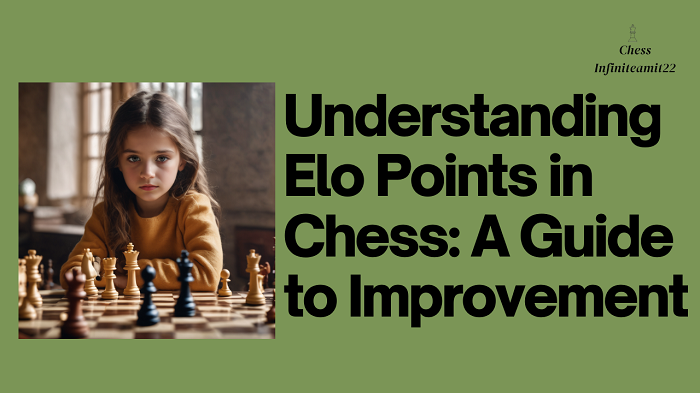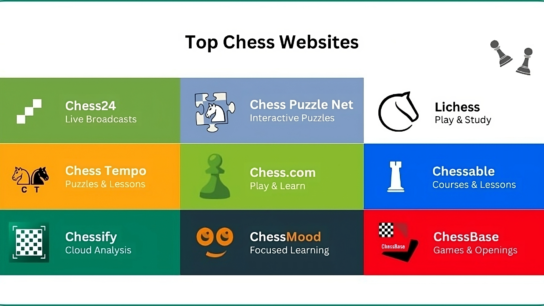Understanding Elo Points in Chess: A Guide to Improvement
In the realm of chess, Elo rating system stands as a universally recognized method to gauge a player’s skill level. Named after its creator, Arpad Elo, this system assigns numerical ratings to chess players, reflecting their relative strengths. Understanding Elo points is essential for players seeking improvement and competitive success.
The Basics of Elo Points:
Elo ratings begin at a baseline value, often around 1200 for new players. A higher Elo rating signifies greater skill, while a lower rating indicates less experience or proficiency. Players earn or lose Elo points based on the outcome of each game. Winning against a higher-rated opponent results in gaining more points than defeating a lower-rated opponent. Conversely, losing to a lower-rated player incurs a greater Elo point loss.
How Elo Points are Calculated:
The Elo system calculates the expected outcome of a game based on the players’ current ratings. If Player A has a higher rating than Player B, A is expected to win. The actual outcome influences the point adjustments. A win earns points, a loss results in point deduction, and a draw typically has minimal impact on ratings. The specific formula involves complex mathematical calculations, but the fundamental concept is straightforward: the outcome of each game determines the direction and magnitude of rating changes.
Strategies to Earn Elo Points:
Consistency is Key:
Regular play is essential for Elo improvement. Consistent participation in tournaments and matches provides more opportunities to face opponents of varying skill levels, influencing Elo points positively over time.
Challenge Strong Opponents:
Taking on stronger opponents and securing victories against them can lead to substantial Elo point gains. Be proactive in seeking challenging opponents to accelerate your improvement.
Learn from Losses:
Every defeat offers a chance to learn and grow. Analyze games, identify weaknesses, and strategize to overcome them. Use losses as stepping stones toward improvement rather than setbacks.
Master Opening Principles:
A strong opening can set the tone for the entire game. Mastering fundamental opening principles will contribute to a solid foundation, increasing the likelihood of favorable positions and ultimately more victories.
Invest in Study and Training:
Chess is a game of continuous learning. Invest time in studying classic games, exploring various openings, and honing tactical skills. Continuous improvement in understanding strategic concepts will translate into a higher Elo rating.
Stay Committed to Improvement:
Improving one’s chess skills is a gradual process. Set realistic goals, stay committed to consistent practice, and view each game, win or lose, as an opportunity for growth.
In conclusion, the Elo rating system serves as a reliable metric for tracking chess players’ progress. The journey to earning Elo points involves a combination of strategic play, continuous learning, and a commitment to improvement. By embracing the challenges, learning from experiences, and implementing thoughtful strategies, chess enthusiasts can navigate the intricacies of the Elo system and witness their ratings steadily climb, reflecting their evolving mastery of the game.
- Teenager Defeats Magnus Carlsen in 3 Chess Games!
- Navigating the Chessboard: Top 10 Chess Websites for Enthusiasts
- Lightning Strikes: The Top 10 Fastest Checkmates
- Mastering the Game: 7 Fundamental Rules to Play Chess Like a Pro
- Understanding Elo Points in Chess: A Guide to Improvement





